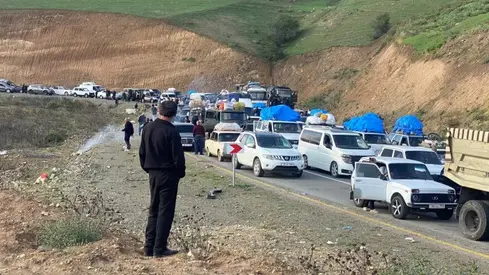T4K3.news
Iran threatens Trump corridor in peace deal
Iran signals it may block the US-backed TRIPP corridor as Azerbaijan and Armenia move toward finalizing a regional peace agreement.
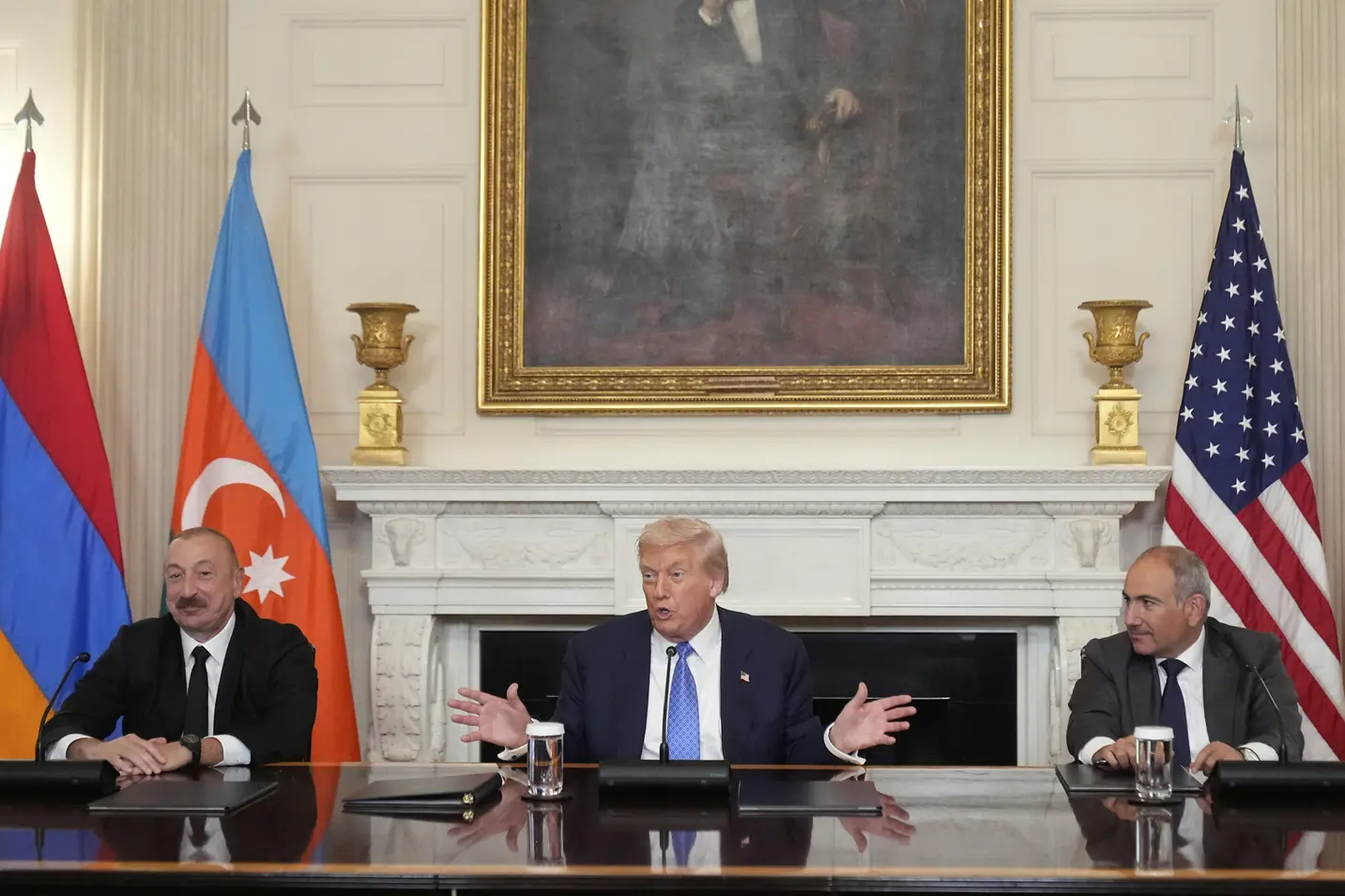
Tehran signals it may block a US-backed corridor tied to an Azerbaijan Armenia peace deal.
Iran threatens Trump corridor in Azerbaijan Armenia peace deal
Iranian state media quoted Ali Akbar Velayati, a top adviser to the supreme leader, saying the proposed transit route would not become a passage for Trump and warning Tehran would block any attempt to alter the regional balance. The remarks come as Azerbaijan and Armenia move toward a final peace agreement and a plan known as the TRIPP corridor would connect southern Armenia to Nakhchivan and Turkey, with the United States holding exclusive development rights to the route. While the threat complicates diplomacy, Iranian officials also suggested their opposition could reflect security concerns on their borders.
Analysts note that the plan remains politically delicate. Azerbaijan says the deal is nearly complete, while Armenia backs the corridor as a conduit for energy and trade. Russia, traditionally a mediator, was not included in the summit despite its regional footprint, and Turkey welcomed the accord. Armenia faces constitutional debates over Nagorno-Karabakh that could derail timing, and questions persist about how customs, security, and reciprocal access would work in practice. Iran has warned against foreign intervention near its borders, while observers say Tehran may lack the power to block the corridor outright, given the region’s complex web of interests.
Key Takeaways
"This corridor will not become a passage owned by Trump, but rather a graveyard for Trump’s mercenaries."
Velayati remarks about the corridor’s control and security
"The chapter of enmity is closed and now we’re moving towards lasting peace."
Elin Suleymanov on optimism for the peace process
"Key details are missing, including how customs checks and security will work."
Analyst Joshua Kucera on practical gaps
"Anybody and everybody can benefit from this if they choose to."
Suleymanov on potential benefits
The episode shows how highway and trade routes have become tools of power alongside tanks and tanks of rhetoric. A US backer, a regional peace framework, and a corridor through the Caucasus could reshape where goods move and who pays. At the same time, Iran leverages its geography to complicate the plan, signaling that transit routes touching its borders won’t be easy for outsiders to dictate. The risk is not only a faltering deal but a broader regional reordering that could heighten tensions between Tehran and cities in the corridor, whether through political pushback or security moves on the ground.
Overall, the scene underlines how fragile peacemaking remains in a zone with overlapping ambitions. If Armenia, Azerbaijan, and their supporters cannot resolve constitutional and border questions, the corridor could become a bargaining chip rather than a bridge to prosperity. For diplomats, the message is clear: timelines may slip, but the underlying shift toward regional connectivity is real and contested.
Highlights
- This corridor will not become a passage owned by Trump
- The chapter of enmity is closed and now we’re moving towards lasting peace
- Key details are missing on customs and security
- Anybody and everybody can benefit from this if they choose to
Political and security risk around corridor plan
The plan involves multiple states and sensitive border issues. Iran explicitly threatened to block the corridor, and Armenia faces constitutional hurdles that could delay or derail the agreement. The involvement of the US and competition among regional powers add a risk of escalation or stalled negotiations.
The next moves will test whether diplomacy can outpace competing interests in a volatile region.
Enjoyed this? Let your friends know!
Related News
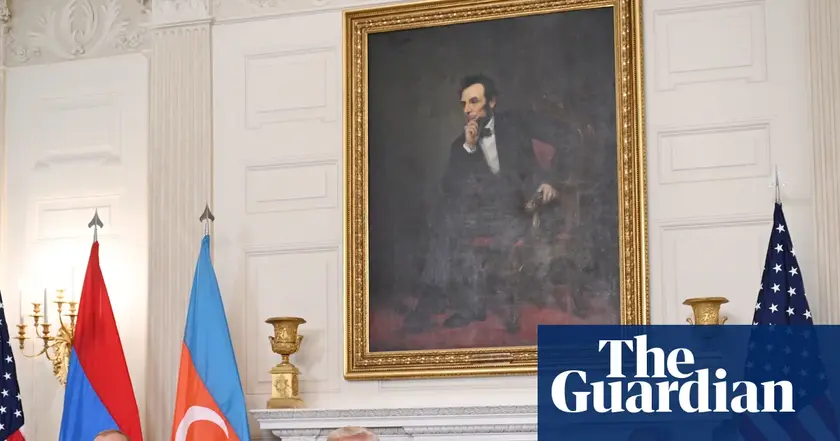
US corridor reshapes regional influence in Caucasus
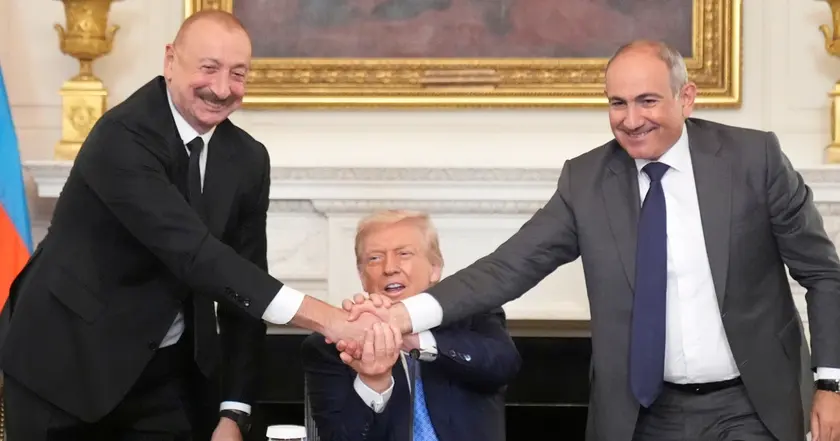
Peace deal signed at White House

Trump pushes Armenia and Azerbaijan peace pact with US transit corridor
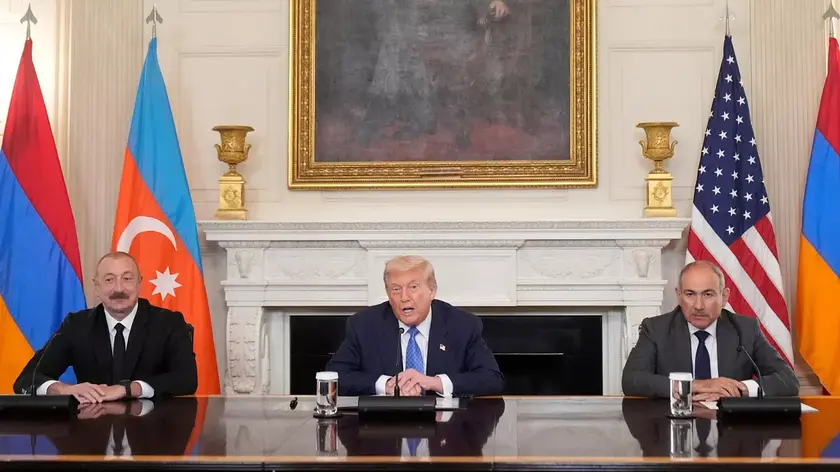
Peace agreement signed in Washington
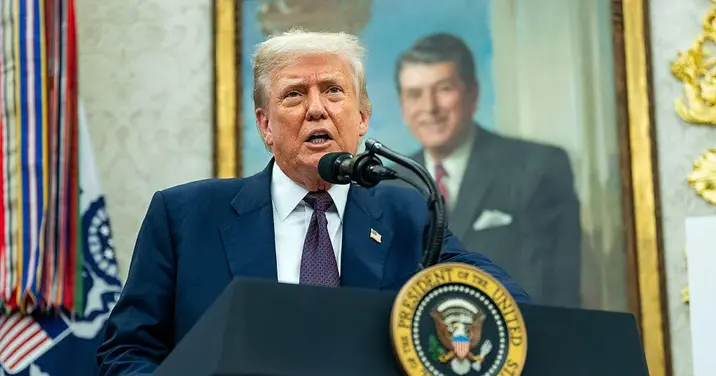
Trump to announce peace deal between Armenia and Azerbaijan
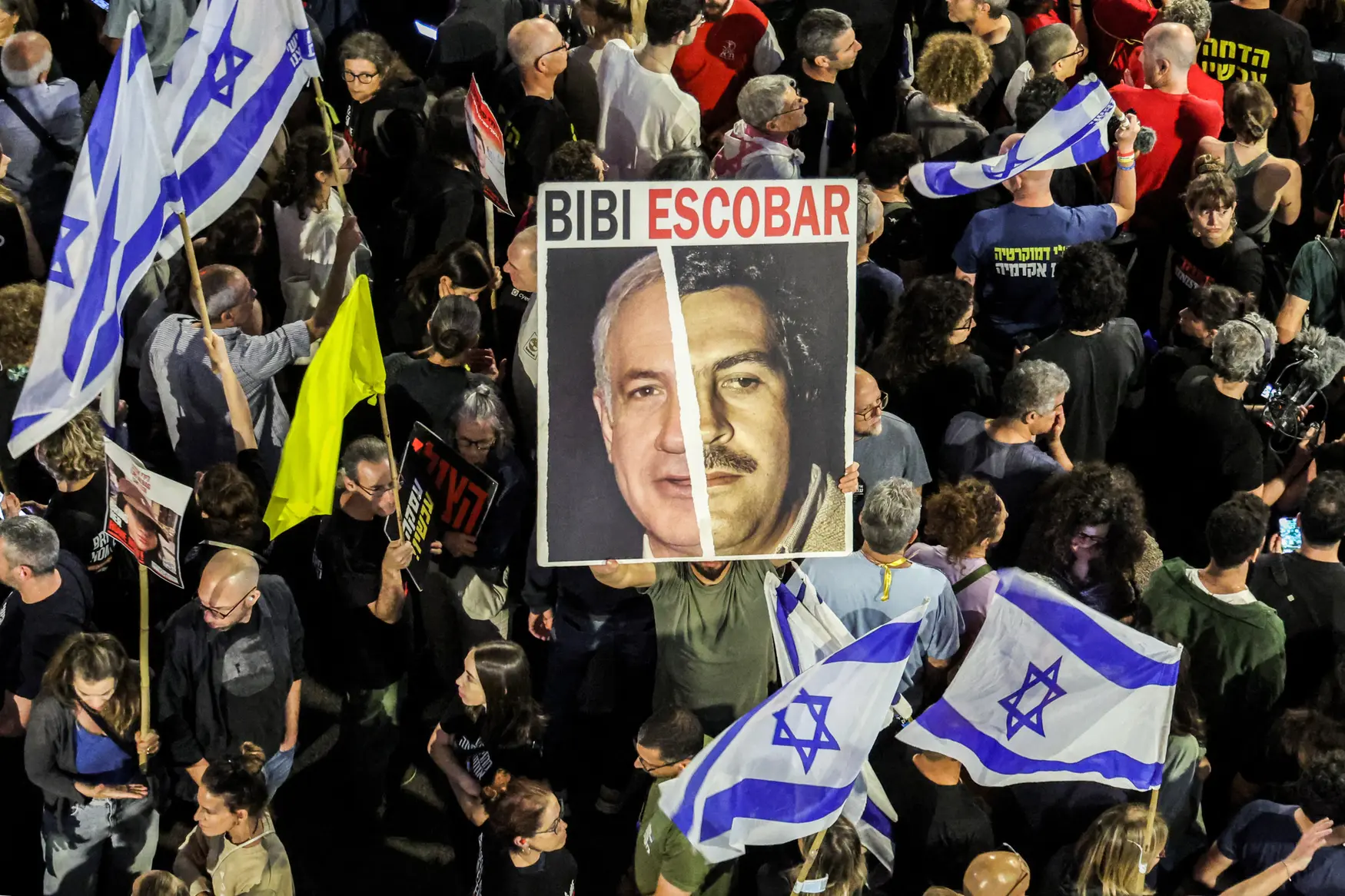
Netanyahu's Leadership Blocks Peace Talks in Israel
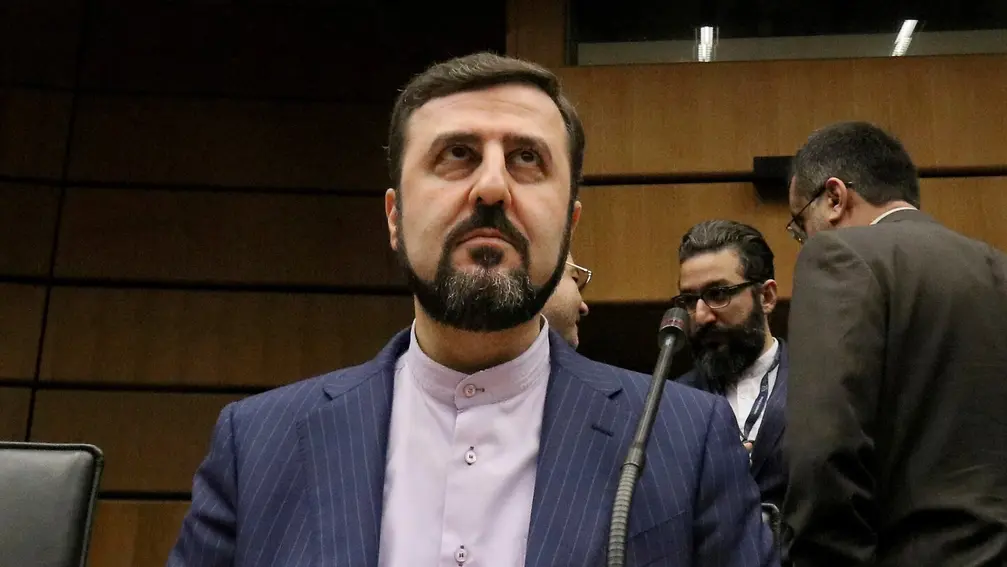
Iran is open to nuclear talks with the US under trust conditions
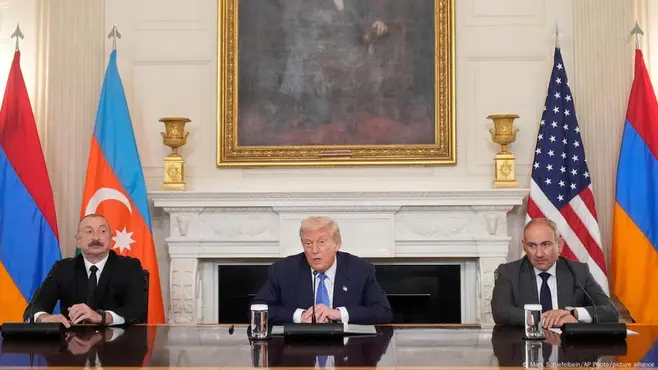
Caucasus peace deal signed
